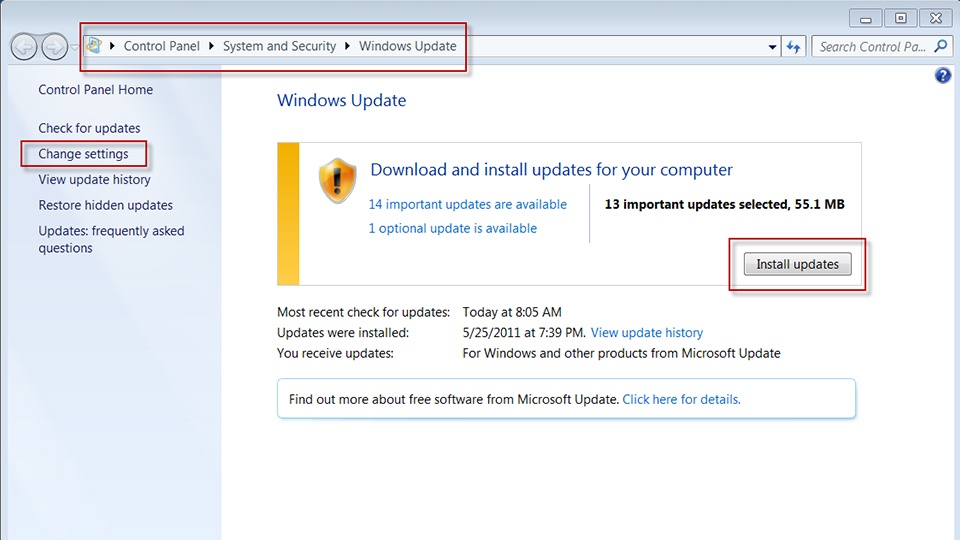1. No one wants to hack me, I have nothing worth taking
This is so not true. Believe it or not, hackers don’t select people based on what they have or who they are. Websites store passwords in big, giant databases. Don’t worry, they don’t store the actual password. What they do is encrypt the passwords. The encrypted passwords are what gets stored. When hackers steal passwords, they grab a giant batch of those encrypted passwords from the database and then use a mixture of software and hardware to decrypt them. That means when a hacker gets your password, it’s a stroke of bad luck and not generally a targeted attack. Once they hack you, they can use your computer a number of different ways. They can use your hard drive to store questionable files, use your computer and your network as slave computers in a cyber attack (typically a DDOS), or even root around your temporary internet files looking for passwords to other websites like your bank. Just because you have nothing special doesn’t mean a hacker can’t use you and it doesn’t mean you’ll never be targeted.
2. Using a VPN and secure web browsers like Tor help me remain anonymous online
3. Incognito Mode hides my privacy
4. I don’t need malware protection because I don’t do anything risky
Just because you don’t go surfing around on porn sites, torrent sites, or other risky websites doesn’t mean that you’re free from malware risk. The reason why is because of advertisements. Some advertisements are from shady companies and infect your computer if you go to a page where ads are present. Since about 90% of the internet are supported by advertisements, that means pretty much everywhere (including Facebook and YouTube) can be a potential threat. In fact, YouTube has actually had this happen to them before. If you want to be the most protected, you’ll have anti-malware installed. It won’t protect from 100% of threats but it’s better than walking around unprotected!
5. My installed software is totally safe
No matter what you do, you’ll never be truly anonymous or safe on the internet. That statement isn’t meant to scare you but simply give you a perspective on how things really are. If you change your passwords, update your software, keep some anti-malware and anti-virus software around, and just be safe then you should be okay. However, you should always be prepared for the worst case scenario because as soon as you think you’re invincible, that’s when the bad things happen. Featured photo credit: Open The Fridge via openthefridge.net

